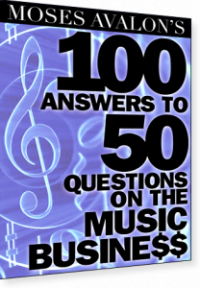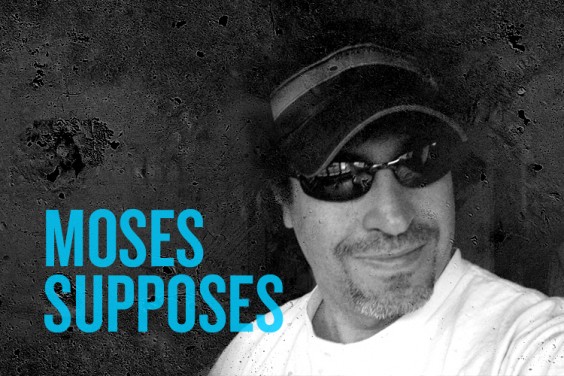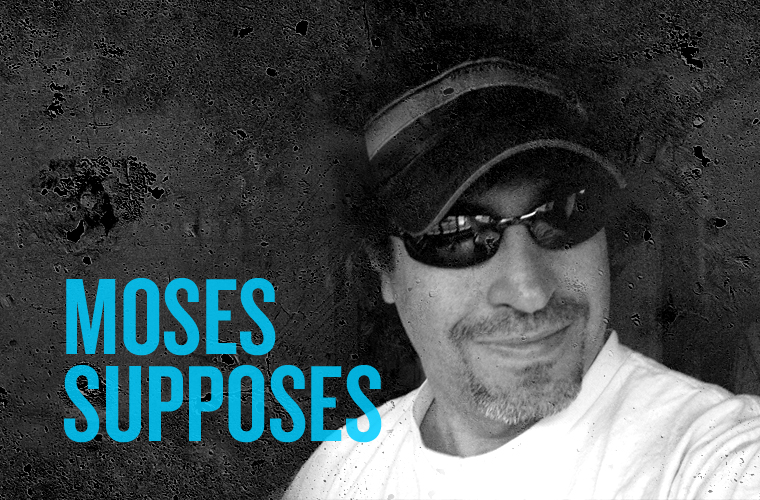Moses Avalon is one of the nation’s leading music-business consultants and artists’-rights advocates and is the author of a top-selling music business reference, Confessions of a Record Producer. More of his articles can be found at www.mosesavalon.com.
 Moses Avalon: 100 Answers to 50 Questions on the Music Business (Hal Leonard, 12/15/10)
Moses Avalon: 100 Answers to 50 Questions on the Music Business (Hal Leonard, 12/15/10)
With more than 100 music-business conferences in the US alone and most emerging musos on a limited budget, which ones are really worth the investment? The following is an excerpt/sample chapter from the revolutionary new book on music-business survival, 100 Answers to 50 Questions on the Music Business, by industry veteran Moses Avalon. Enjoy.
Maybe for many, the idea of spending thousands of dollars to schlep through airports and hotels for several days, only to end up with a handful of cards/CDs from people in the music business that they will never remember, is dumb. Or maybe it’s worth every dollar and minute that you can spare.
They say that you have to kiss a lot of frogs to find a prince. If you think so, there are a bevy of music-business functions that serve this philosophy. There are medium-grade ones geared towards the college-music scene, like CMJ, as well as high-end ones, like MIDEM, where people with far more dollars than sense fly to the south of France and stay in four-star hotels just to mingle with French lingerie models. (Wait, that’s starting to sound kinda cool.)
Some of these conferences are very useful, but most have become showcases for already-financed acts, not places where true “emerging” artists can get a fair shake — despite what they advertise. The panels often are a disappointment, filled with self-serving pitchmen from unions, PROs, and “indie services,” making it very hard to extract any objective information.
Okay, enough of the dark side. What’s the appeal?
Because the music business is about connections, you need to make as many as you can. Given this reality, I’d say that conferences are a must — as many and as often as you can. But with limited resources, how do you discriminate?


